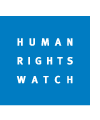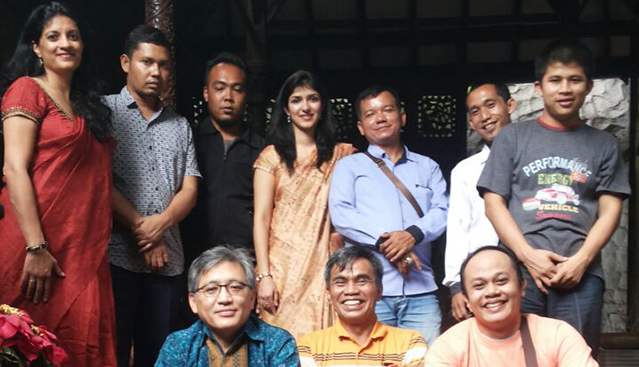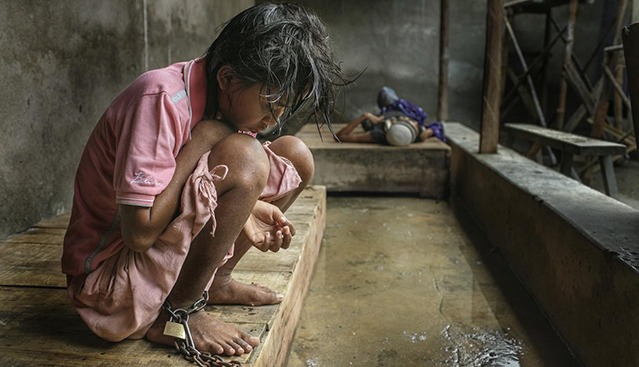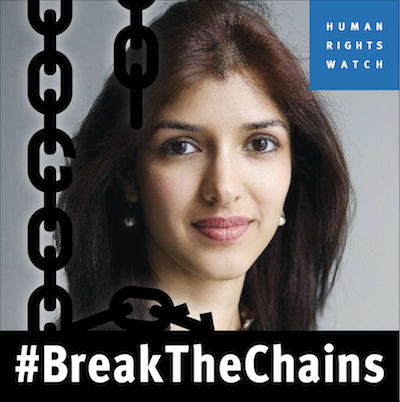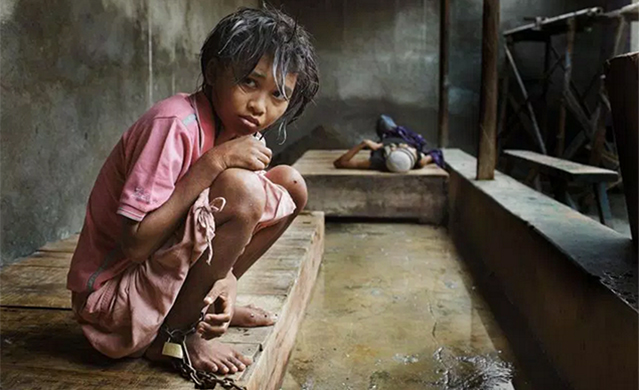| |||||||||||||||||||||||||||||||||||||||||||||||||||
 | |||||||||||||||||||||||||||||||||||||||||||||||||||
Miyerkules, Abril 20, 2016
Together we did it!
Huwebes, Abril 7, 2016
YOUR CONSIGNMENT
NATIONAL SECURITY/DIPLOMATIC WAREHOUSE.
DIPLOMATIC DELIVERY OF YOUR CONSIGNMENT
Attention,
This is to inform you that the arrangements have been concluded in respect to direct shipment of your consignment to your country.
I choose to conclude shipment to ensure it is lifted before contacting you. This process is the Airlifting of funds/consignment
from one country to another via a diplomatic means of delivery. I found out that this consignment has been lying in our
correspondent office in overseas because payment or the wrong people you have been dealing with.
This is why I have personally decided to use my position as the Shipment officer in charge of this Organization to convey this
consignment to your Country.
I believe you will compensate me well with a good remuneration when you receive your consignment.
Note: I know the content of the trunk box and this is the major reason I decided to get involved. You must also know that this
arrangement does not involve any of the people you were dealing with in the past because they are the cause of the delay and
they contribute in making it difficult for you to receive the Consignment,so if you should inform them before your Consignment
gets to you,do not blame me if you could not receive your Consignment.
I will send you an attached picture of your Consignment box as soon as I get your reply to enable you know that I have idea.
Before we proceed,I will like you to give me the following information to enable me know I am not writing to a wrong person:
Your Full Name:
Telephone/Mobile/Fax:
Your City/Country:
Marital Satus:
Age:
Occupation:
Amount in the Consignment:
Consignment Country of Origin:
Sender of the Consignment:
Thank you for your Co-operation as I await your urgent response.You can ask me any question relating to this.And when i receive your
response I will give you my personal Phone number for our communication.
Sincerely,
Evans Dean.
Chief Shipment Officer.
arnbbbss@gmail.com
Martes, Marso 22, 2016
18,000 Living in Chains
| |||||||||||||||||||||||||||||||||||||||||||||||||||
 | |||||||||||||||||||||||||||||||||||||||||||||||||||
Lunes, Marso 21, 2016
15 Years Living in Chains
| |||||||||||||||||||||||||||||||||||||||||||||||||||
 | |||||||||||||||||||||||||||||||||||||||||||||||||||
